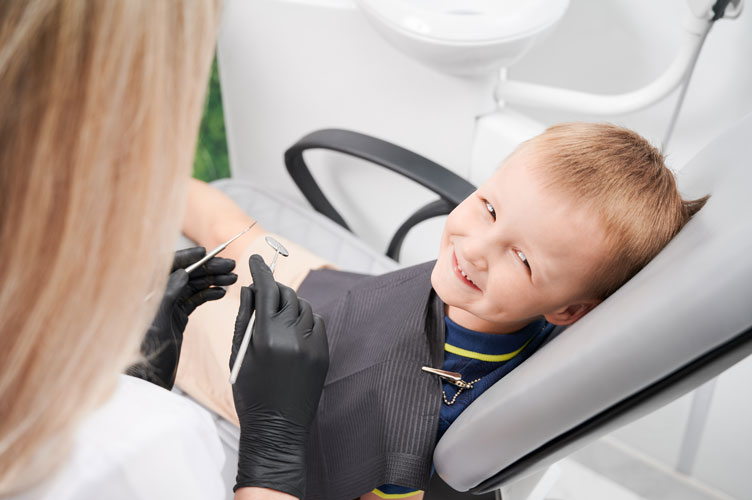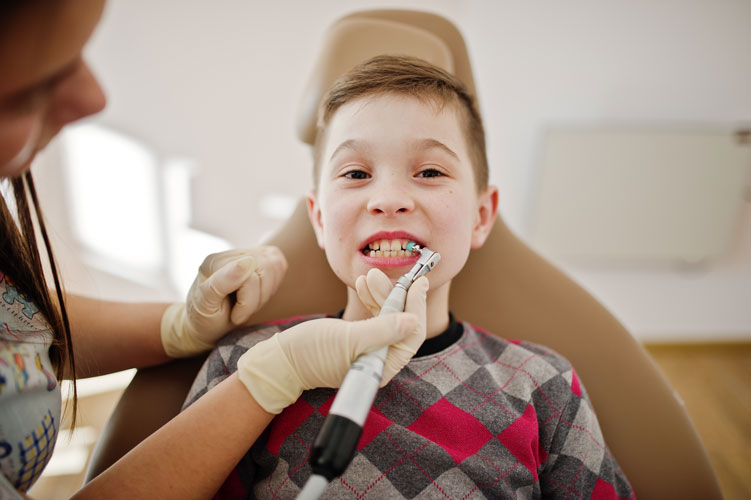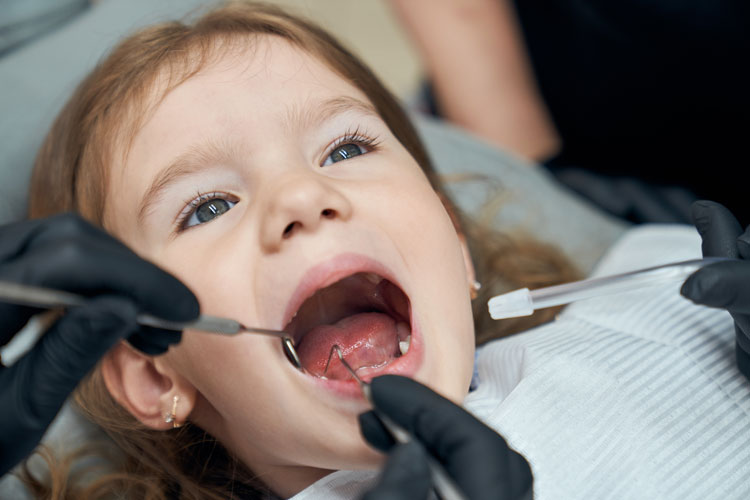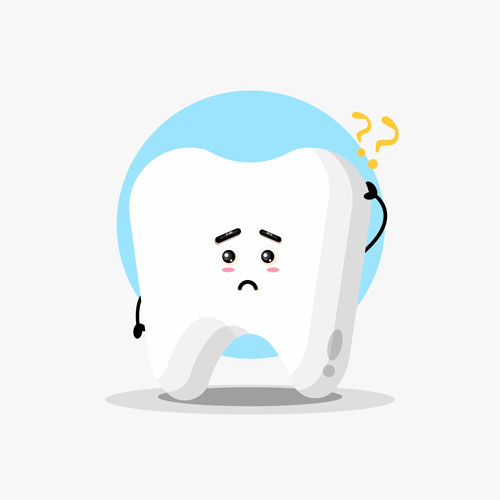Understanding the Basics of Pediatric Dentistry

The journey to a lifetime of healthy smiles begins early, and pediatric dental care plays a pivotal role in laying the foundation for optimal oral health in children. As a parent or caregiver, understanding the basics of pediatric dentistry can empower you to make informed decisions about your child’s dental care.
In today’s article, we’ll explore the fundamental aspects of pediatric dentistry, shedding light on the unique considerations and practices contributing to young smiles’ well-being.
Early Introduction to Dental Care
Pediatric dentistry emphasizes the importance of introducing dental care and good oral hygiene practices at an early age. The American Academy of Pediatric Dentistry recommends that a child’s first dental visit should occur by their first birthday or within six months of the eruption of their first tooth.
These early visits serve not only to monitor oral development but also to educate parents on proper oral hygiene practices tailored to their child’s age and needs.
Creating a Kid-Friendly Environment
A cornerstone of pediatric dentistry is the creation of a warm and child-friendly atmosphere within the dental office. This environment is carefully designed to alleviate any fears or anxieties that children may associate with dental visits.
From colorful and inviting waiting areas to friendly and patient dental professionals, the goal is to make the experience of visiting pediatric dental offices positive and comfortable for young patients.
Preventive Care and Education

Preventive care is at the forefront of pediatric dentistry. Dentists in this field focus on early intervention and education to prevent dental issues, like tooth decay, before they arise. This includes regular cleanings, fluoride treatments, and dental sealants to protect vulnerable areas of a child’s developing teeth.
Educating both parents and children on proper oral hygiene practices at home is a crucial aspect of this preventive approach.
Monitoring Growth and Development
Pediatric dentists are trained to monitor the growth and development of a child’s oral structures, including the permanent teeth and jaw. Regular check-ups allow for the early detection of any issues such as malocclusions, misalignments, or orthodontic concerns.
Timely intervention with common pediatric dental procedures can often simplify and improve the effectiveness of future treatments.
Behavioral Guidance
Working with children requires a unique set of skills. A pediatric dentist is adept at providing behavioral guidance to ensure a positive and cooperative experience while providing comprehensive oral health care.
This may involve strategies to manage anxiety, ease fears, and encourage good behavior during examinations and treatments.
Maintaining Oral Health through Childhood

Understanding the basics of pediatric dentistry empowers parents and caregivers to participate in their child’s oral health journey actively. By prioritizing early dental visits, creating a kid-friendly environment, emphasizing preventive care, monitoring growth, and providing behavioral guidance, pediatric dentists contribute significantly to the overall well-being of a child’s dental health.
With the right foundation, children can grow into adults with a lifelong commitment to oral health and confident smiles.
Pediatric Dental FAQs
What is done in pediatric dentistry?
Pediatric dentistry involves specialized dental care for infants, children, and adolescents, addressing their unique oral health needs through preventive measures, early intervention, and education.
What is the difference between family dentistry and pediatric dentistry?
Family dentistry caters to patients of all ages, while pediatric dentistry only provides oral health care to infants, children, and adolescents.
At what age should children go to the dentist?
It is recommended that children go to the dentist by their first birthday or within six months of the eruption of their first tooth.
Dr. Dalesandro & Associates

At Dr. Dalesandro & Associates, our dedication to nurturing smiles extends far beyond regular check-ups. Specializing in family dentistry, our focus encompasses emergency dental care of dental injuries, professional teeth whitening, and preventive services tailored for children of all ages. In Tucson, we stand as your all-encompassing dental solution, committed to the well-being of your little ones.
Embark on the journey toward healthier smiles by exploring our website. We welcome both new and existing patients!





